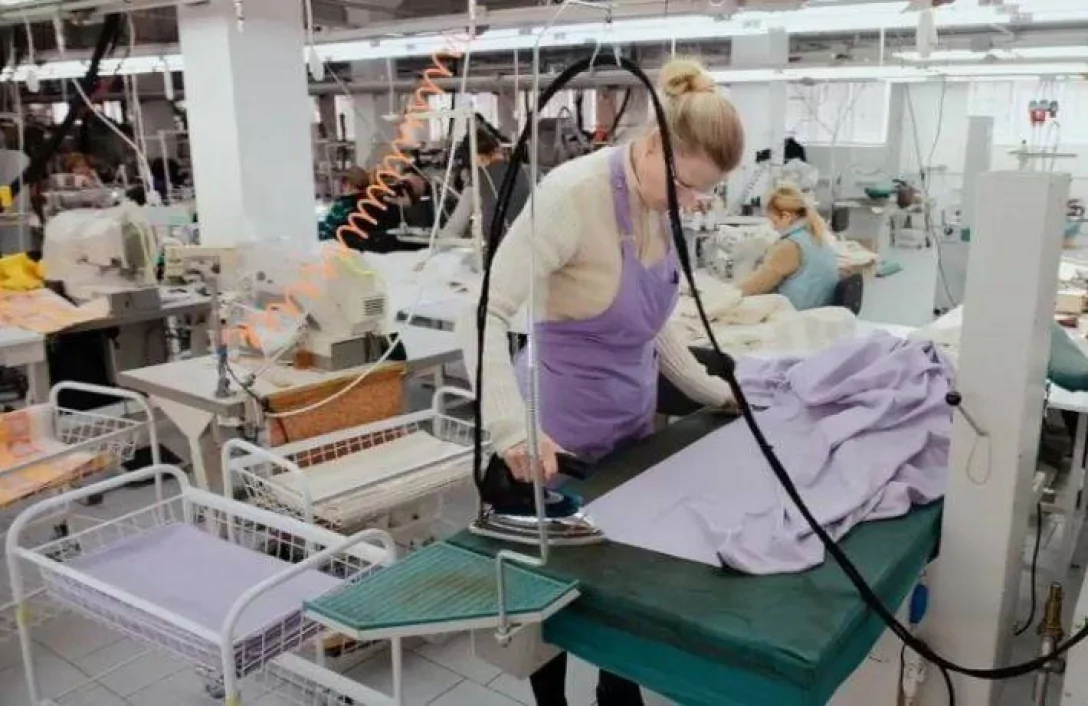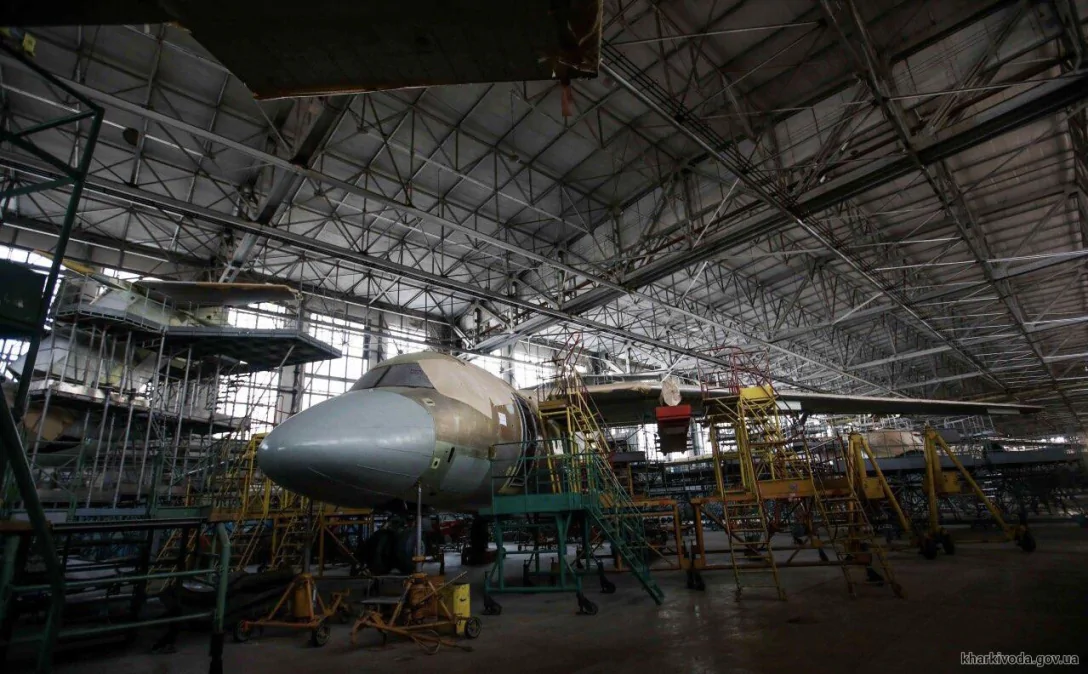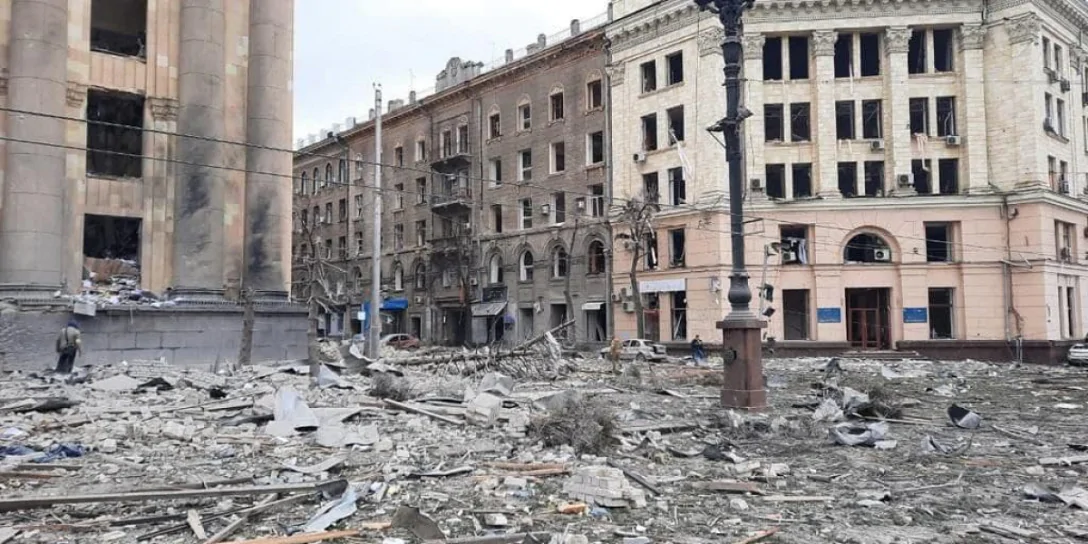Инициативы по строительству подземных предприятий в очередной раз указывают на то, что война с нами надолго. Эксперты не в восторге от новых идей и говорят: подземные производства будут убыточными, поэтому строить под землей, например, предприятие пищепрома или химзавод — иррационально.
Украине посоветовали строить защищенные ПВО экономические кластеры и прятать заводы под землю. Насколько уместна и реалистична идея перемещать заводы под землю и откуда брать на это деньги
Смешанные чувства: уместно, возможно, но есть нюансы
Украина должна строить экономические кластеры, защищенные системами противовоздушной обороны, а ближе к России — вообще прятать заводы под землю. Об этом говорится в советах Консультативного совета по экономической политике при Министерстве экономики.
Более того: эти советы презентуются как один из шагов, направленных на ускорение экономического роста.
«Если средства противовоздушной обороны слишком дорогие или недоступны по другим причинам, есть несколько нестандартный вариант — использование заброшенных угольных или соляных шахт (их много во всех регионах Украины). Многие города также имеют ранее построенные подземные сети. Некоторые из них тоже можно использовать как производственные площадки», — говорится в советах.
Но если необходимость создания защищенных оружием экономических кластеров в относительно безопасных регионах страны сомнений не вызывает, то предложение строить подземные предприятия порождает у экспертов смешанные чувства.

«Безусловно, такая идея уместна и возможна, но целесообразна она только в отношении производств, которые невозможно разместить за рубежом, — считает экономист Владислав Банков. — Из-за дополнительной трудоемкости, потери времени, это целесообразно для ограниченного круга производств, которые нельзя разместить в соседних странах».
Украинский бизнес не может существовать изолированно от глобальных рынков, соответственно, идея строить заводы под землей приведет к слишком высоким ценам на продукцию таких предприятий. Это сделает их продукцию неконкурентной на рынке, добавляет директор аналитического департамента инвестиционной компании Eavex Capital Дмитрий Чурин. По его мнению, в условиях постоянной угрозы ракетных обстрелов со стороны РФ в первую очередь должна существовать надежная система ПВО. И уже во-вторых, физически защищенные отдельные объекты критической инфраструктуры, такие как трансформаторные подстанции электросетей. Но, например, предприятие пищепрома или химзавод под землей — это иррационально. «Затраты будут слишком высокими, чтобы потом их как-то окупить без дотаций или грантовой помощи от международных партнеров», — отметил Дмитрий Чурин в комментарии
Примеры есть: какие подземные производства известны в мире
По словам аналитика компании «Центр биржевых технологий» Максима Орыщака, в истории есть отдельные кейсы создания частных заводов под землей. Наиболее известный из них — это завод по производству оптических изделий Brunson Instrument Company, который был построен в 1954 году в известняковых породах под Канзас-Сити. Предприятие работает до сих пор.
Почти всегда частные предприятия под землей — это уникальное техническое решение, а не политическая необходимость
«Смысл такого необычного размещения заключался в высоких требованиях к вибрации, — объясняет эксперт. — Под землей оказалось проще создать необходимые условия. Других таких ярких примеров немного. Есть действующие предприятия в Швеции. Например, при шахтных работах оказалось дешевле ремонтировать буровое оборудование на глубине, чем поднимать его на поверхность».
Но нужно понимать, что почти всегда частные предприятия под землей — это уникальное техническое решение, а не политическая необходимость, продолжает эксперт. Что касается привязки подземной промышленности к войне, то первопроходцем здесь была Германия в годы Второй мировой войны. Затем этот опыт взяли европейские страны, США, СССР, Япония.

«Чаще всего в подземных заводах занимались производством авиационной техники. Это давало защиту от авианалетов и артиллерийских ударов. Но изготавливали и другую военную технику. То есть всегда речь шла о государственных подземных предприятиях, где коммерческая выгода была второстепенной, — объясняет Орыщак. — После войны такие производства консервировались или ликвидировались, хотя в экономических исследованиях можно найти обоснование плюсов размещения предприятий под землей. Но для частного бизнеса подобные истории будут означать большие капиталовложения и повышенную ответственность за безопасность. Опыт показывает, что это не лучшее сочетание. Бизнес привык экономить на всем».
Теория и практика: возможно, но очень сложно
По мнению аналитика Алексея Куща, для производств, которые не связаны с энергоемкими или химическими процессами, строить заводы под землей, возможно, имеет смысл. Например, для сборки дронов, в частности морских: это небольшие производства на несколько десятков человек, которые используют импортные комплектующие. В то же время, говорит эксперт, очень сложно представить себе подземный пороховой завод или, например, подземный завод по производству танков или артиллерийских орудий, где идут процессы литья, сварки или сложная химия.
Теоретически строить подземные производства возможно, но на практике настолько сложно и дорого, что практически нереально
«Конечно, нет ничего невозможного, но я сравнил бы эти идеи с идеями строить подземные ТЭС. Теоретически это возможно, но на практике настолько сложно и дорого, что практически нереально, — отметил Алексей Кущ в разговоре с Фокусом. — Во-первых, цена: такие производства будут стоить десятки миллиардов долларов. Во-вторых, очень сложные системы вентиляции и кондиционирования воздуха, которые потребуют огромных затрат электроэнергии. И с нашими проблемами в энергоснабжении это нецелесообразно».
Максим Орыщак соглашается: когда речь идет о размещении заводов оборонно-промышленного комплекса под землей, это имеет смысл при условии, что на это есть ресурс и время. Иначе это бессмысленная история.

«Сейчас у украинского государства нет средств для чего-то масштабного, — отметил Максим Орыщак в разговоре с Фокусом. — Бюджет дефицитный, госдолг зашкаливает. Отдельные предприятия, судя по заявлениям властей, уже работают под землей, но не более. Частный украинский бизнес не готов к таким масштабным инвестициям за свой счет. Остается только иностранный бизнес. Чтобы выйти на более высокий уровень, необходимо подключить крупные предприятия Европы, США и других развитых стран. Именно их пытаются привлечь к размышлениям о подземной промышленности Украины. Но как это ни парадоксально, пока война не закончится, они вряд ли станут что-то строить. А без войны смысл подземного размещения исчезает».
Что касается того, чтобы рассчитывать на 50 млрд долларов от Запада, которые пообещали под залог доходов от российских активов, то, говорят эксперты, десятки миллиардов долларов Украине никто сразу не выплатит. «В ближайшее время нам согласовали 1,5 млрд евро, аналогичными будут и другие транши. Обещанные 50 млрд будут растянуты на пять и более лет. Кроме того, они будут оседать на социальные программы, ремонт критической инфраструктуры. Очень сомневаюсь, что западные партнеры готовы финансировать строительство украинских подземных предприятий», — подчеркнул Кущ.
Кроме того, продолжает аналитик, здесь есть еще психологический момент. Инициативы по строительству подземных предприятий, равно как и подземных школ, являются попыткой сделать войну частью нормальности. Но это неестественно, война никогда не станет составляющей нормальной жизни. А все, что противоестественно, — нежизнеспособно, подытожил эксперт.


